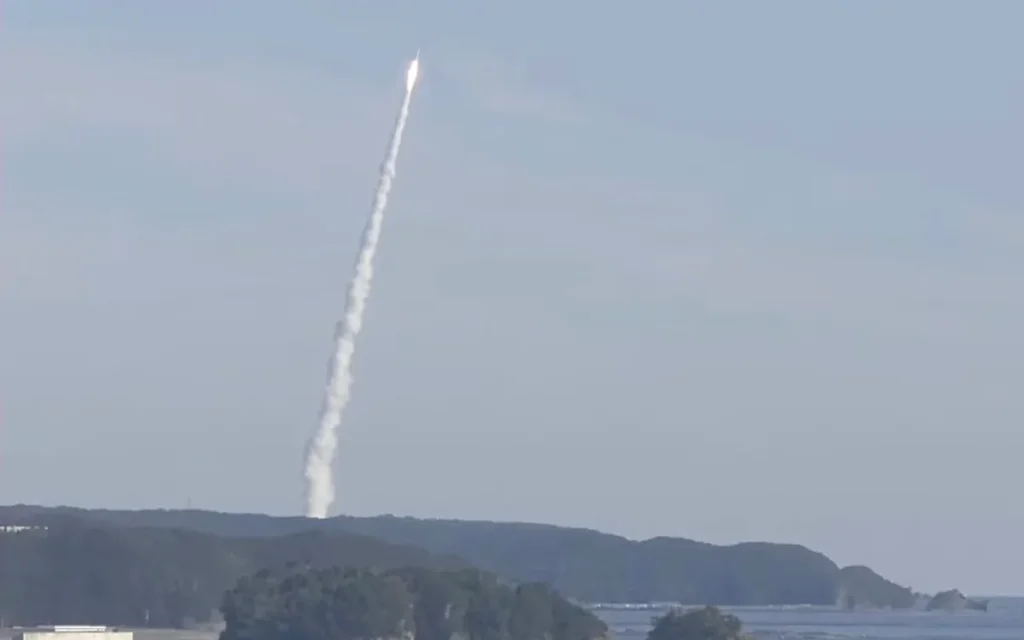
A Kairos rocket lifts off on its second flight on December 17. Credit: Space One webcast
A Japanese small launch vehicle experienced a failure on its second flight on December 17, losing control approximately two minutes after liftoff.
The Kairos rocket launched at 9 p.m. Eastern from Spaceport Kii, located in southern Honshu. Adverse weather conditions had previously delayed launches scheduled for December 13 and 14.
Initially, the solid-fuel rocket appeared to perform as expected, climbing steadily after leaving the pad. However, footage of the event revealed the rocket losing attitude control around two minutes into the flight, spinning erratically and leaving a spiraling trail in the sky.
Space One, the developer of Kairos, confirmed the mission’s failure in a public statement but provided limited details about the incident. “We deeply regret the failure to complete the mission and sincerely apologize to our customers and all those involved,” the translated Japanese statement read. The company committed to identifying the cause promptly and preparing for another attempt.
Local news reports indicated that Space One officials suggested the failure might have stemmed from a nozzle malfunction in the first stage or an issue with the attitude control system.
This unsuccessful attempt follows the inaugural flight of Kairos nine months earlier, which ended in an explosion just seconds after liftoff. According to Space One, that incident occurred when the rocket’s autonomous termination system was activated due to insufficient performance from the first-stage motor.
The December 17 launch carried a diverse payload, including five small satellites. Customers included the Taiwan Space Agency and Japanese firms Lagrapo, Space Cubics, and Terra Space, along with one unnamed customer.
Backed by investors such as Canon and IHI Aerospace, Space One aims to establish itself in the competitive small satellite launch market. The Kairos rocket is designed with three solid-fuel stages and a liquid-propellant kick stage, enabling it to carry up to 150 kilograms to sun-synchronous orbits or 250 kilograms to a 500-kilometer orbit with a 33-degree inclination.
The Kairos setback occurred just weeks after another Japanese launch vehicle faced challenges. On November 25, a solid rocket motor intended for the Epsilon S rocket exploded during a static-fire test conducted by JAXA. The explosion occurred 49 seconds into a two-minute burn.
This incident followed a similar motor explosion during testing in July 2023. As a result of these setbacks, JAXA and its collaborator, IHI Aerospace, acknowledged that the upgraded Epsilon S rocket’s debut would be postponed beyond its initially planned March 2025 timeline.

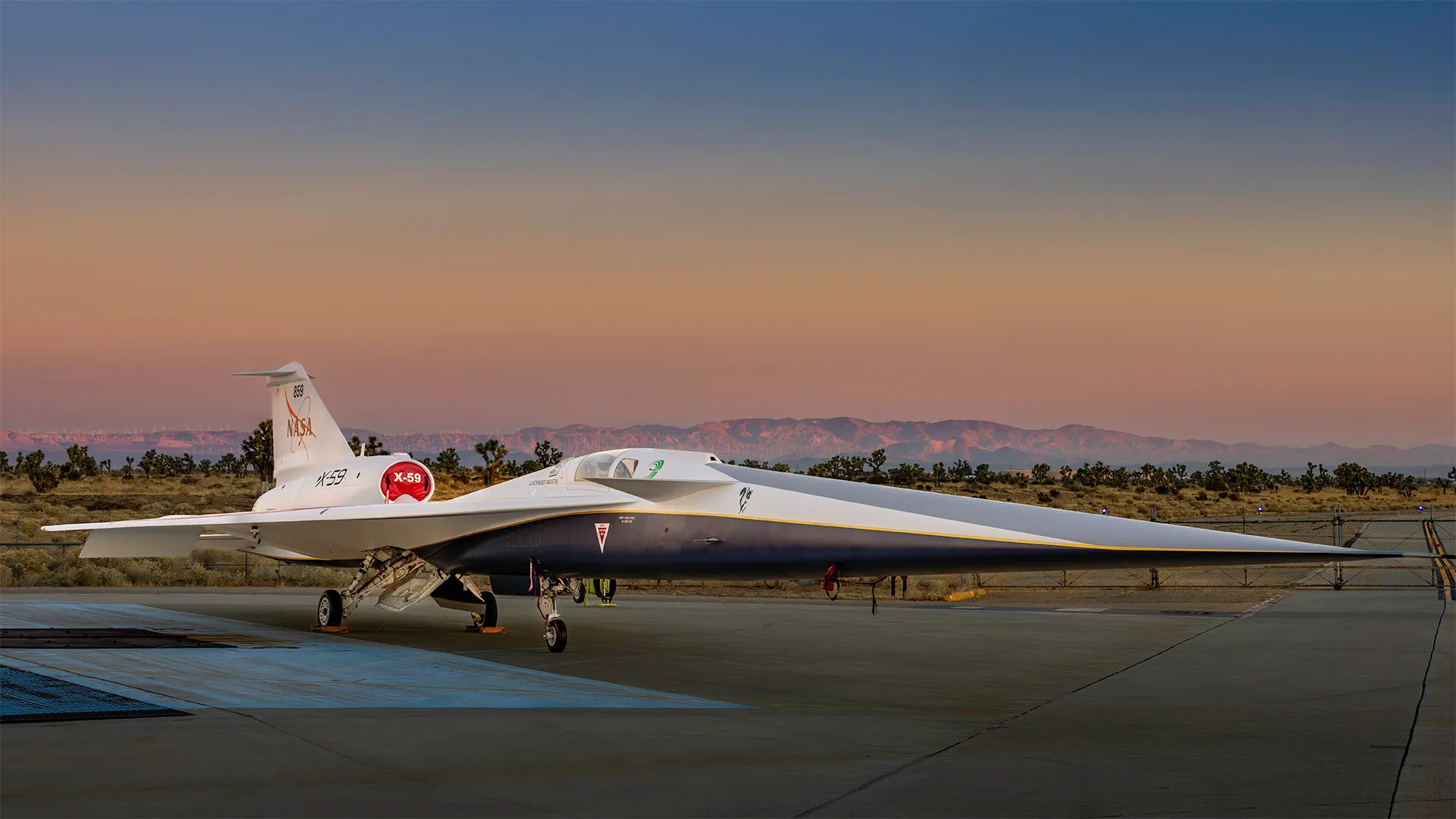
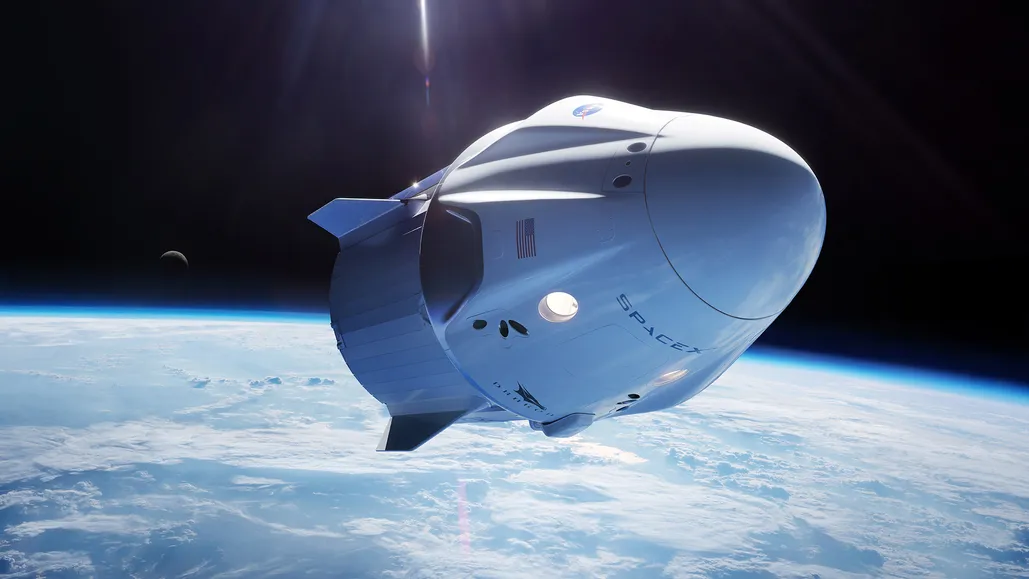
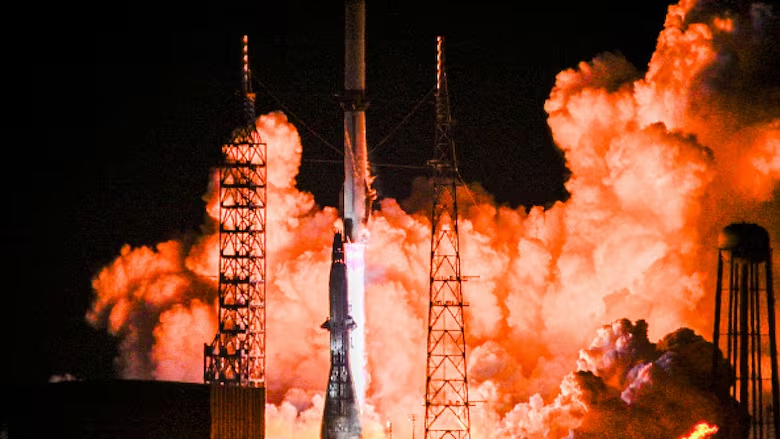
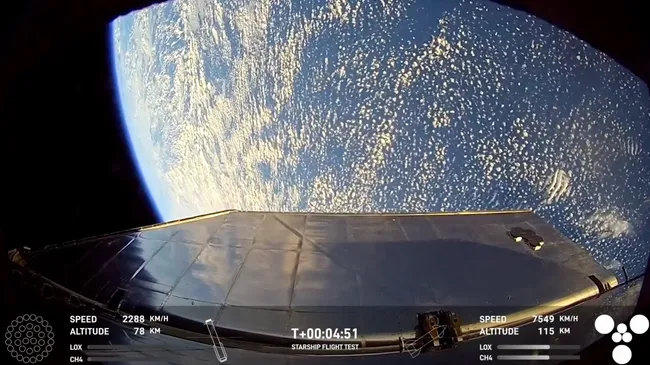
Leave a Reply